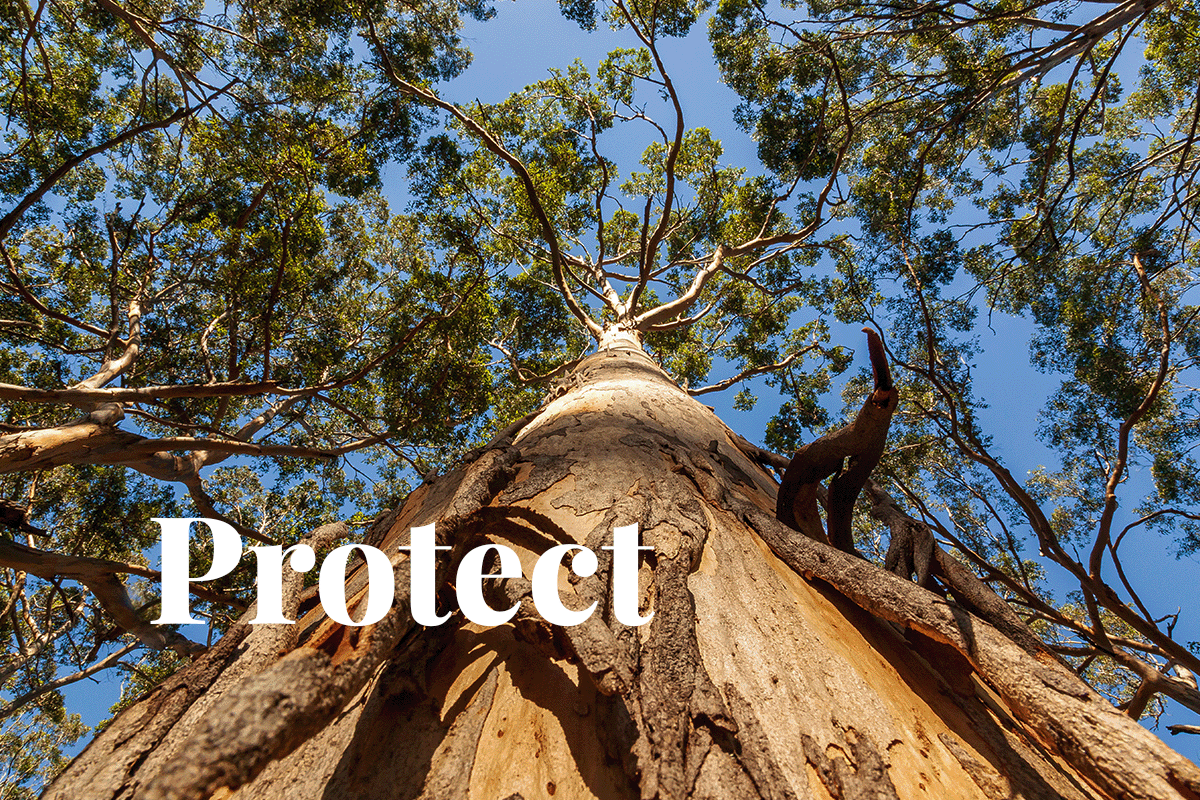Western Australia is set to halt commercial logging in its old-growth and native forests from the beginning of next year, following a government plan released on 15 December. The initiative aims to protect the state's biodiversity, including trees like Karri, Jarrah, and Wandoo, converting over 400,000 hectares into nature reserves, national parks, and conservation parks. The Forest Management Plan underwent extensive consultation and analysis, involving more than 3,500 submissions during the public commenting period.
 A view from below of a large, old Karri tree in Boranup Forest, Western Australia.
A view from below of a large, old Karri tree in Boranup Forest, Western Australia.
Environment Minister Reece Whitby called it a historic moment for Western Australia's natural environment, emphasising its role in promoting forest resilience, supporting conservation, protecting cultural values, and boosting tourism. This move comes amid increasing concerns about biodiversity loss and carbon emissions due to the widespread clearing of native forests across Australia.
Read more: COP28 wrapped up: navigating environmental commitments
Already, 3,000 hectares near the state capital, Perth, have been identified for an upgrade, further reinforcing the commitment to sustainable forest management. The decision aligns with global efforts to address nature conservation and preserve vital ecosystems.
In a separate development, concerns have been raised over an overhaul of Western Australia's Environmental Protection Agency, with critics fearing potential risks in the environmental assessment process. The government's response to 39 recommendations, without consultation from environmental groups, has sparked apprehension about the impact on mining, industrialisation, and land clearing in the region.
Read more: Nurturing harmony in Uganda—A Planet Earth III tale of the Bulindi Chimpanzee Project
Environmental advocates stress the need for a balanced approach to development that considers the preservation of Western Australia's unique plants and animals. The recent controversy over the prescribed burning of endangered peat swamps underscores the ongoing challenges in achieving a sustainable balance between economic interests and environmental conservation and the need for thorough engagement and clear guidelines.
Embarking on a journey towards environmental consciousness through collaboration with DGB Group presents abundant possibilities for initiating meaningful change. Pursuing net-zero emissions and fostering a sustainable future underscores the growing importance of nature-based solutions. These solutions serve as powerful instruments in preserving nature, providing a strategic blueprint for restoring forests and promoting the overall health of our planet. Partnering with DGB provides an entry point to begin your venture into eco-conscious practices. We provide a range of green solutions, enabling you to tap into the opportunities within the burgeoning nature market.
Join us on a journey of meaningful change

 A view from below of a large, old Karri tree in Boranup Forest, Western Australia.
A view from below of a large, old Karri tree in Boranup Forest, Western Australia.
